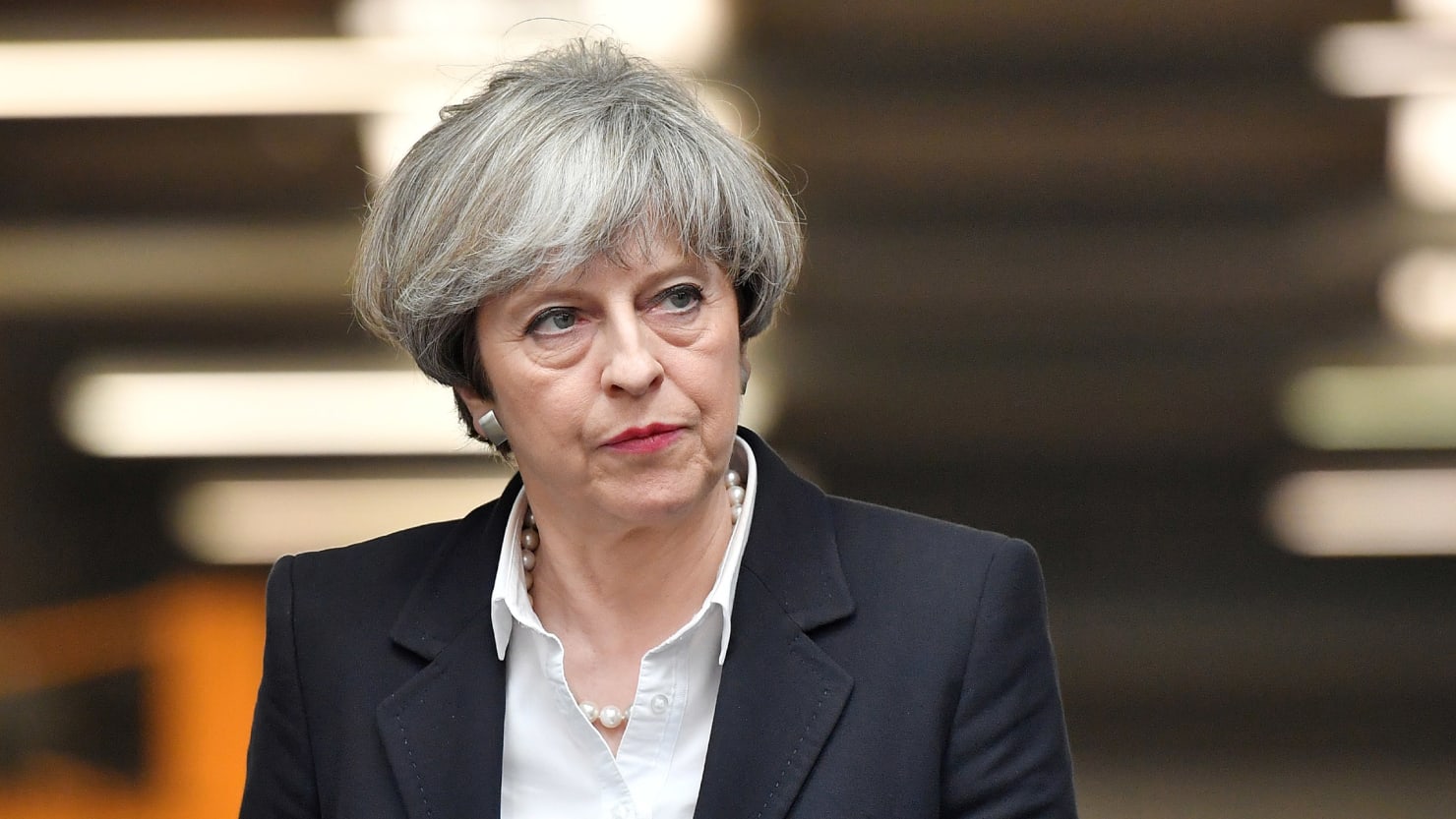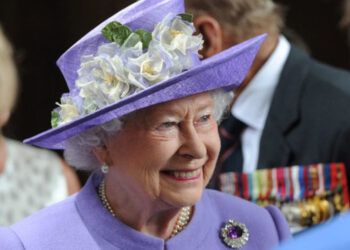The recent resignations of the U.K. Brexit Secretary David Davis and Foreign Secretary Boris Johnson put the whole Brexit process into disarray. It appeared that Prime Minister Theresa May’s 12-point Brexit plan was approved at Chequers last week, during fraught negotiations between cabinet colleagues on the Remain and Leave sides, but the so-called unity did not last long.
Brexit Secretary Davis resigned yesterday, primarily because he perceives May’s Brexit plans as too soft. According to Brexiteers, a soft Brexit scenario is deemed to be too similar to the U.K.’s current arrangement as an E.U. member state and would potentially leave the U.K. in the confines of the single market. Hard Brexiteers, such as Davis, stridently oppose this scenario as they believe it would be a stab in the back of the British voters that voted in favor of Brexit in 2016. After Davis’ and Johnson’s resignations, a cabinet reshuffle has taken place. Dominic Raab has become the new Brexit Secretary, and Jeremy Hunt is now the Foreign Secretary.
May repeatedly spoke about a “united cabinet” on the Brexit issue last week. However, May’s soft Brexit plan has now arguably been blown out of the water with the recent resignations and chaos now having taken over. The primary reason for the resignations is that the type of Brexit the PM seeks to deliver is not the one that the country voted for in 2016 and is also not the one that leading Brexit Cabinet Ministers can now stomach. This is the case for Davis, but not necessarily for Johnson. The latter appears to have leadership plans of his own, which are likely to have been a key calculation for his resignation yesterday.
May’s position now seems even more under threat than it was already. The government is clearly in disarray. A number of Eurosceptic backbench MPs, such as Jacob Rees-Mogg, have been touted as potential candidates for May’s post, but Rees-Mogg has continually ruled himself out as Prime Minister. Johnson could also be a candidate, but his political stock has fallen considerably of late, largely due to his absence on the recent Heathrow vote and general lack of direction on the Brexit issue. The Prime Minister is facing an existential crisis on the Brexit issue, and there has been speculation that some MPs would be willing to have a leadership contest.
It is important to take into account the peculiarities of the Conservative Party’s leadership selection procedure when examining the current political survival of the Prime Minister. Under the current regulations, a minimum of 15 percent of MPs (48/316 MPs) of the Conservative Party must send a letter to Sir Graham Brady, the Chair of the 1922 Committee, before a vote of no confidence can be held. However, it is not clear whether there is enough appetite within the party for this to happen. The Conservatives are deeply cautious about doing anything that could jeopardize their hold on power or empower the Labour Party led by Jeremy Corbyn.
If a clear challenger emerges from the pro-Brexit wings and manages to unite the party behind them, May’s position could become untenable. We can also not rule out the possibility of another snap general election. If uncertainty around the Brexit negotiations continues and the Remain and Leave camps feel aggrieved, new elections could be called in the future. Currently, though, this scenario seems unlikely.
Most importantly, the Prime Minister’s resilience should not be underestimated. She has managed to ride out a number of storms such as the difficult process of forming a government with the Democratic Unionist Party after the June 2017 general elections. However, none of the storms May weathered were as serious as her Brexit Secretary and Foreign Secretary resigning on the same day.
The upcoming days will be crucial in deciding whether or not the Prime Minister will be able to continue. It is becoming more and more unlikely that May’s soft Brexit proposal will get through the House of Commons. The Prime Minister may now have to rely on Labour votes to push through the vote in parliament. The next few days are critical in making or breaking the Prime Minister’s post and the revised Brexit plan.
Disclaimer: The views and opinions expressed here are those of the author and do not necessarily reflect the editorial position of The Globe Post.






















